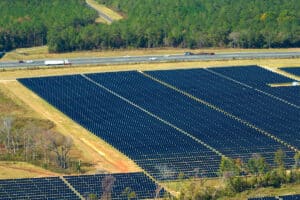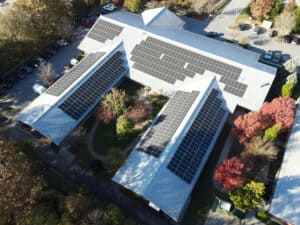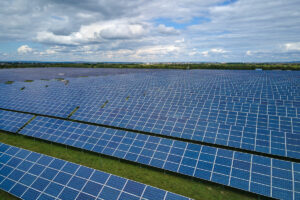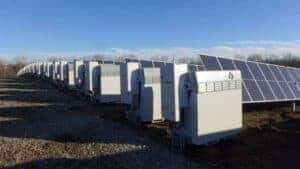The investment tax credit (ITC) helps drive the deployment of clean energy technologies. For businesses like yours, it’s a chance to lower the cost of your next energy project. But, with the tax credit declining each year, it’s important to act quickly to receive the best savings.
What is an investment tax credit?
In short, ITCs are a federal tax incentive for business investment. They let individuals or businesses deduct a certain percentage of investment costs from their taxes. ITCs were introduced in 1962 to protect American businesses from emerging foreign competition but they have adapted over the years to have a different objective. Today, tax credits are distributed to help with pollution control, energy conservation, green technology, and other methods of economic development. Renewable energy tax credits are the ones that will help your company save on a new energy system.
Types of renewable energy tax credit
Renewable energy ITCs focus on solar energy systems, fuel cells, small wind turbines, and geothermal heat pumps. Wind and solar are the most popular options. Thanks to the Consolidated Appropriations Act passed into law in December 2015, the federal tax credits for solar and wind were extended. Both received five-year extensions with built-in phase-downs. The tax credit for wind technologies stopped in 2019, but commercial solar still remains.
Benefits of a solar investment tax credit
The solar investment tax credit is a tax credit that can be claimed on federal corporate income taxes for 26% of the cost of a solar photovoltaic (PV) system commencing construction on or before December, 31st 2020. Each year, the tax credit will decrease as shown below.
- 2020: 26% tax credit
- 2021: 22% tax credit
- 2022 onward: new commercial solar energy systems can deduct 10%. No federal credit for residential solar
A solar project is considered to have commenced construction if at least 5% of final qualifying project costs are incurred. Or, if “physical work of significant nature” is commenced on the project site or on project equipment at the factory. If you are concerned that your company may not be able to begin construction by the end of 2020, please reach out to us. We have a long history of working with companies who have received renewable energy tax credits and can walk you through the process.
Who qualifies for an investment tax credit?
To be eligible for an ITC, your solar PV system must meet these simple qualifications:
- Used by a business subject to U.S. federal income taxes (i.e., it cannot be used by a tax-exempt entity like a charity)
- Located in the United States or U.S. territories (though can only be used against federal income tax obligations)
- Systems must use new and limited previously used equipment
- Not used to generate energy for heating a swimming pool.
Non-profit organizations can still take advantage of a portion of the ITC through a for-profit tax equity investor. An investor would put funds towards a non-profit’s project taking the tax benefits for themselves and allowing the organization to have enough capital upfront to finance the project. The non-profit organization will then pay the investors back over time.
Contact Us
Don’t lose out on the savings that ITCs provide. To receive the full 26% tax credit, projects need to begin soon to meet the criteria outlined above. Contact us for a free quote and jumpstart your energy project today.






